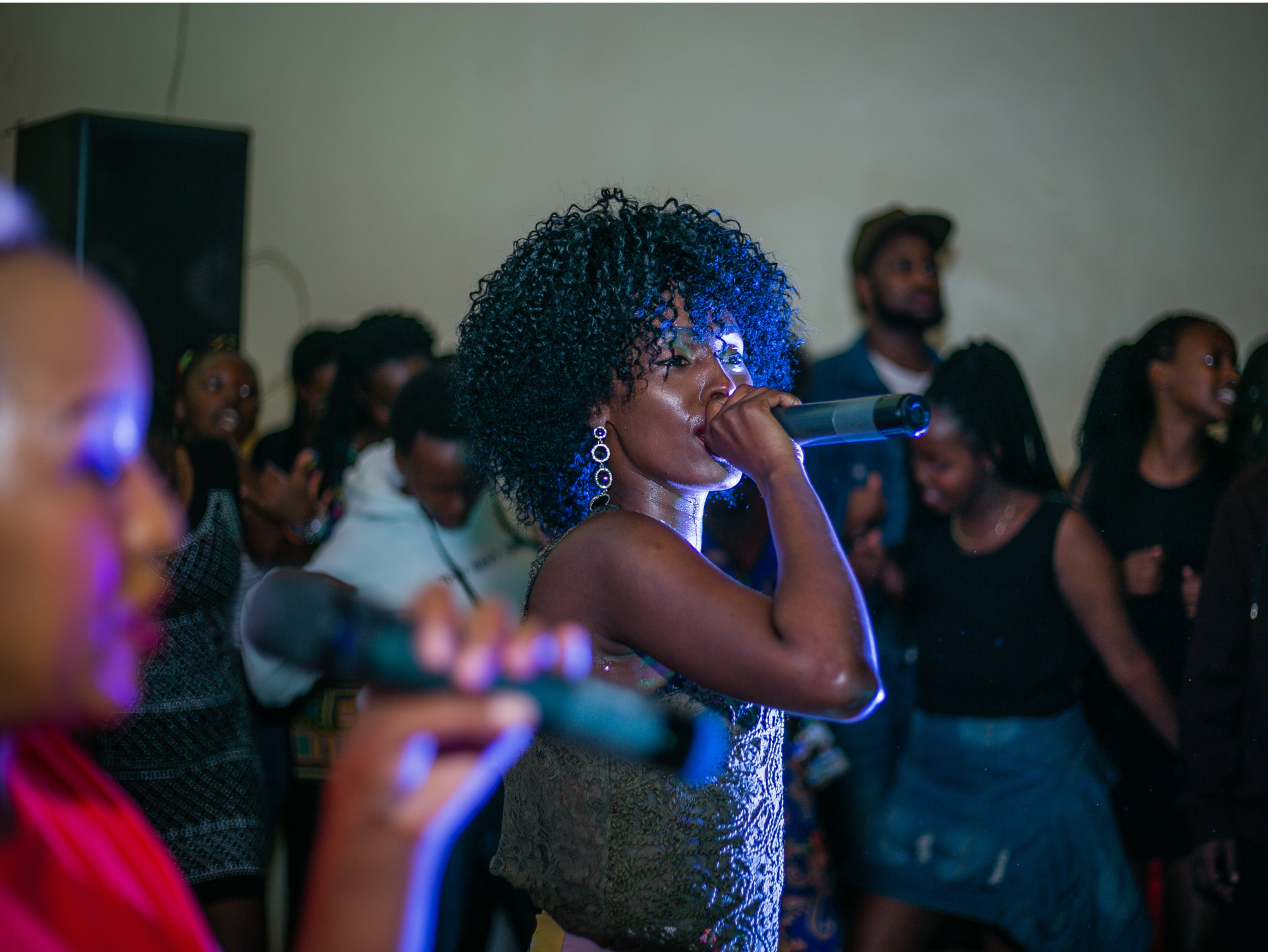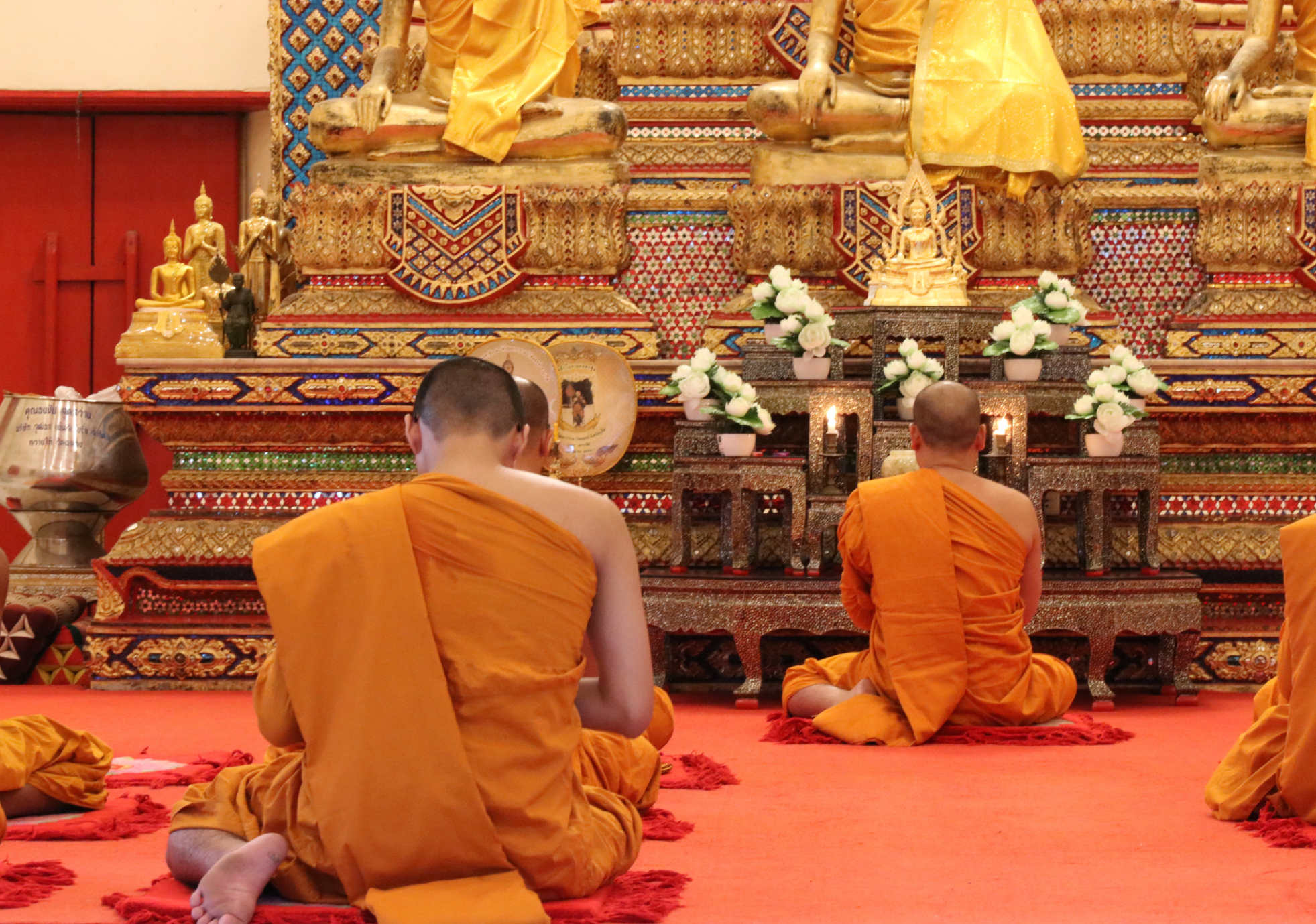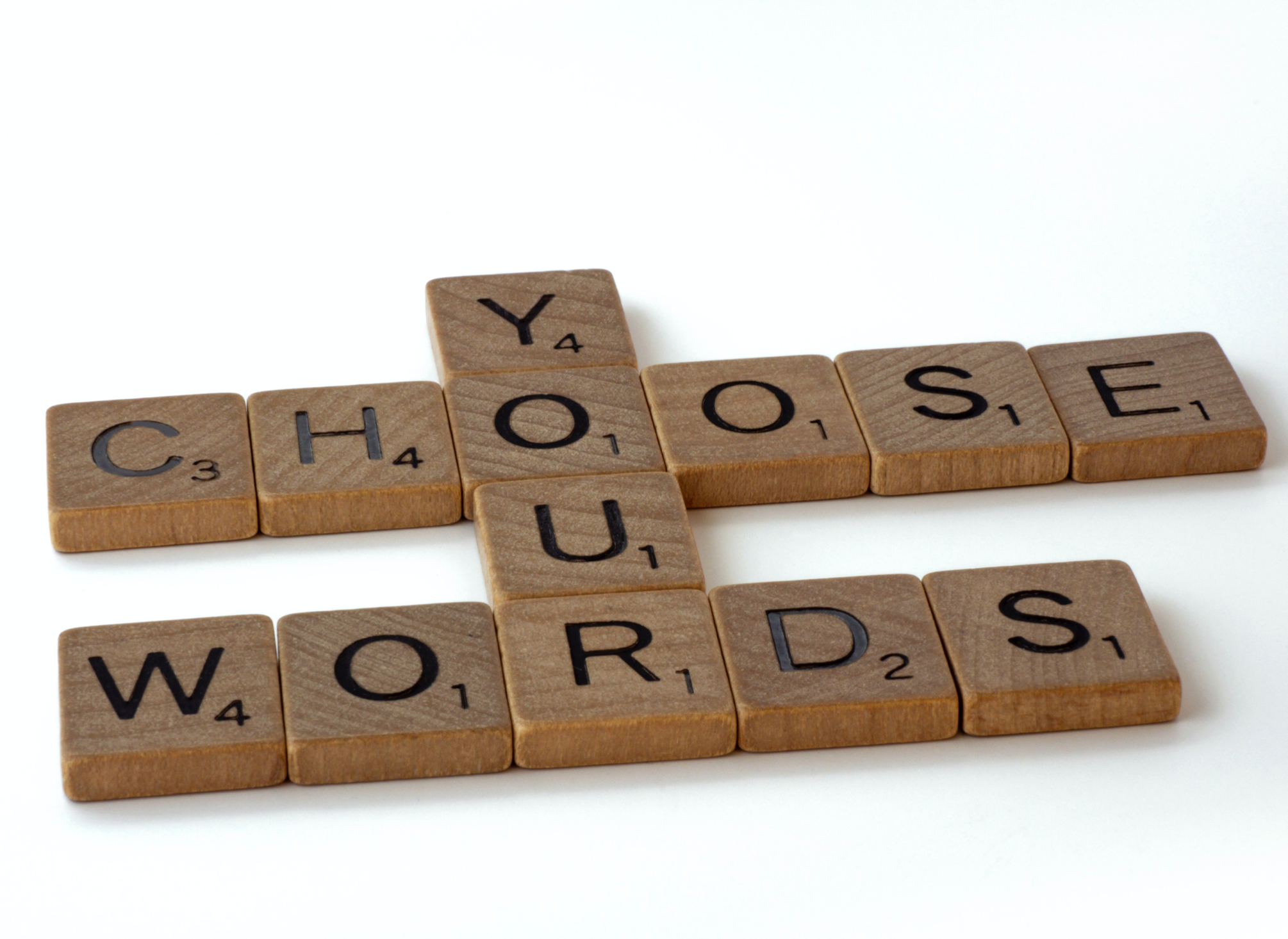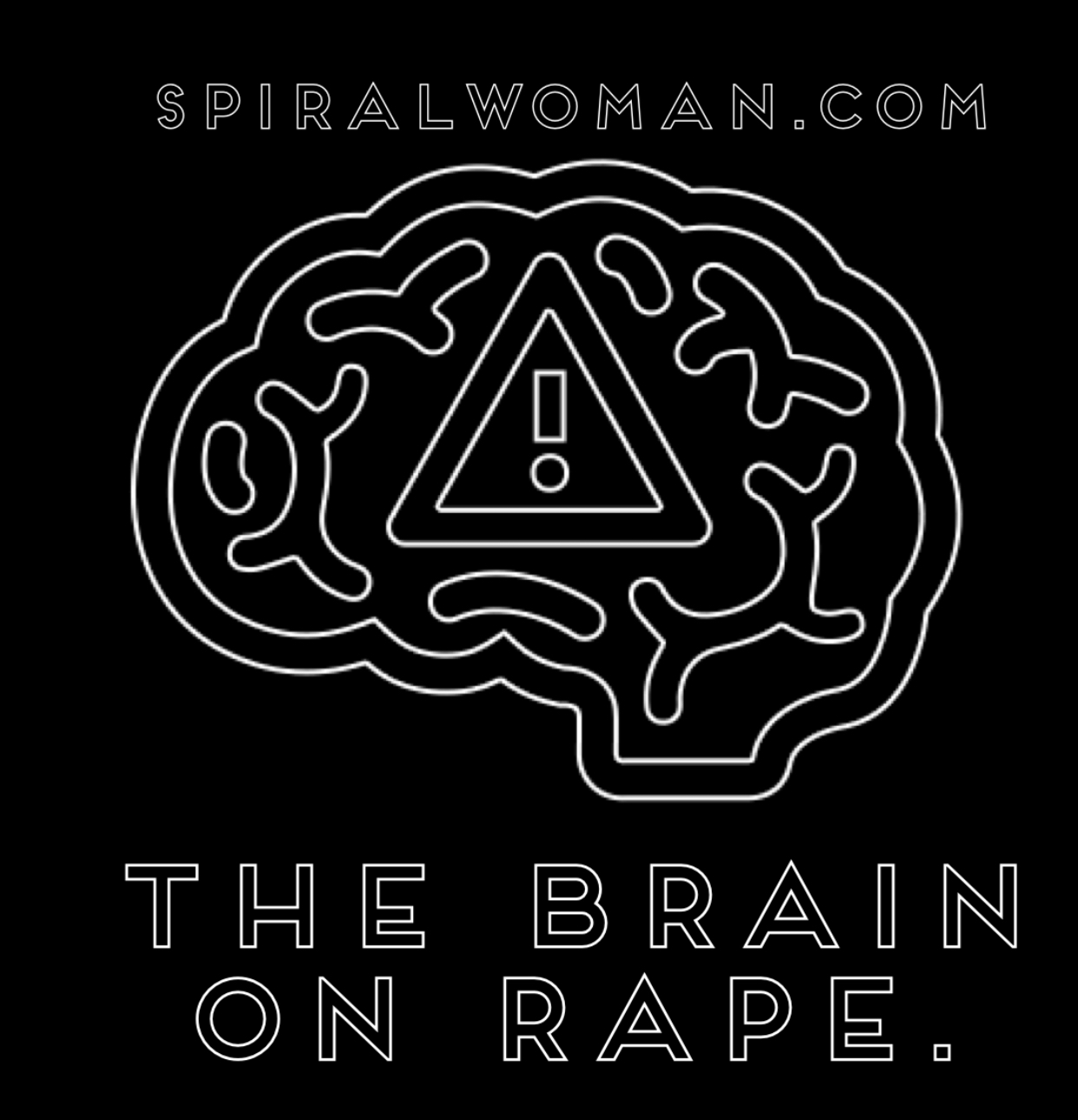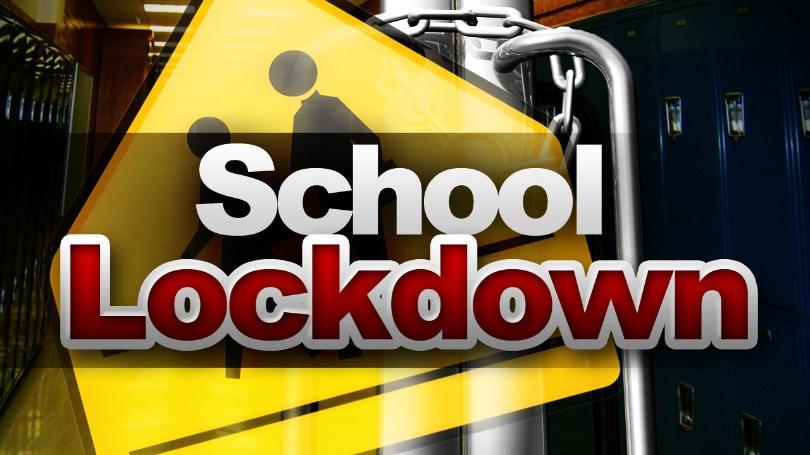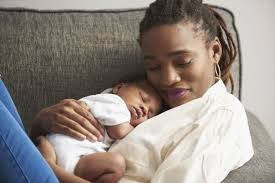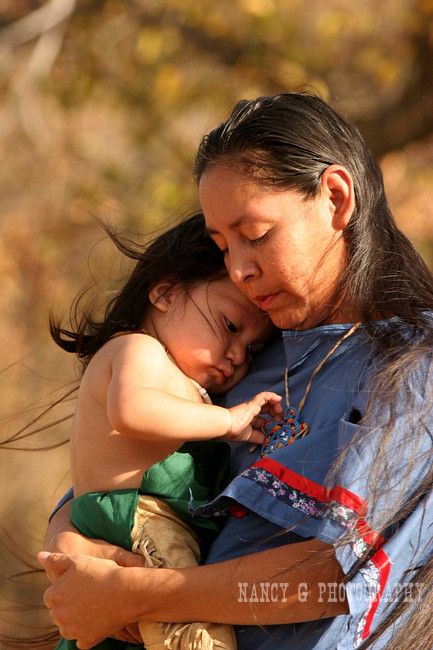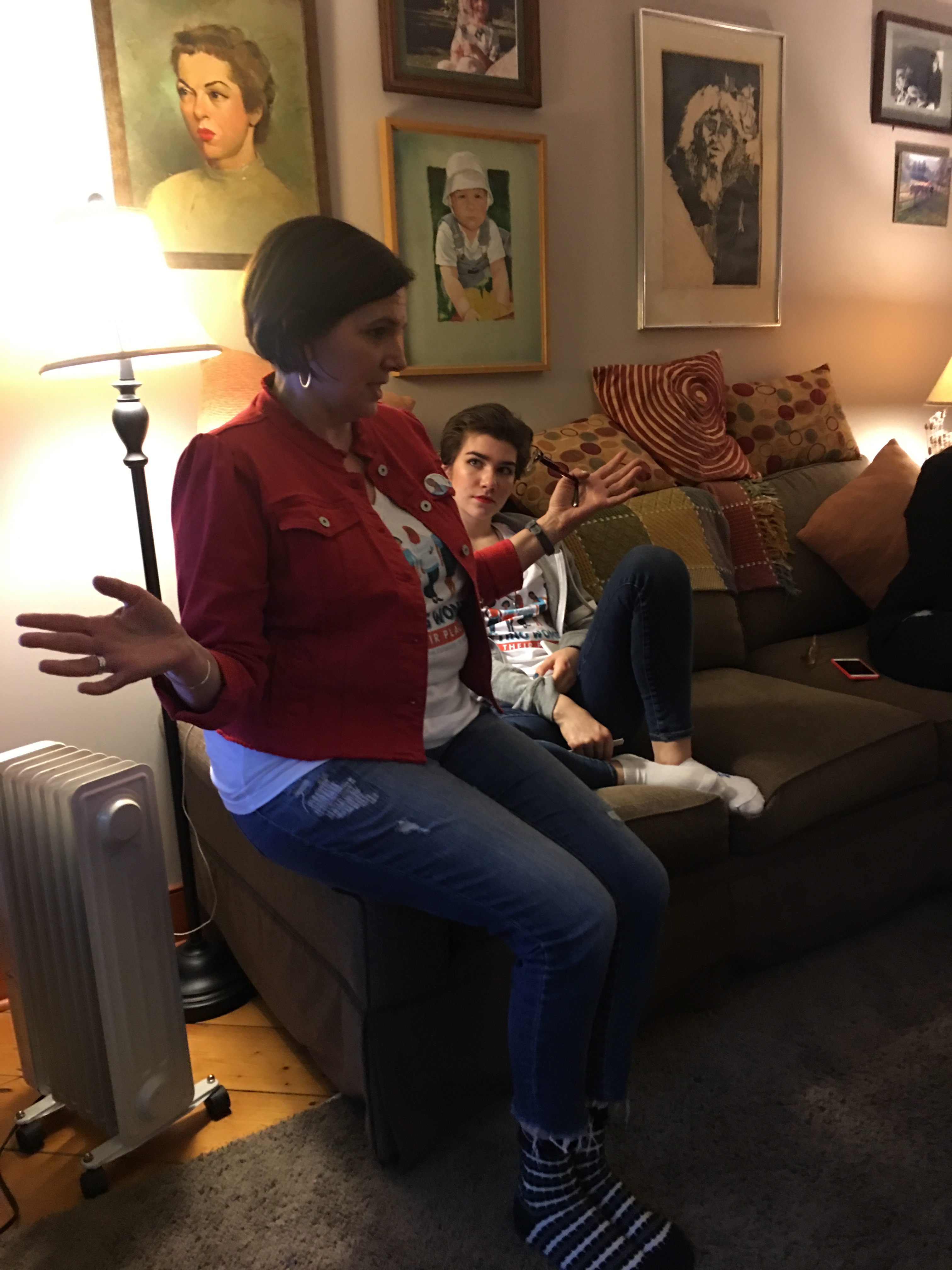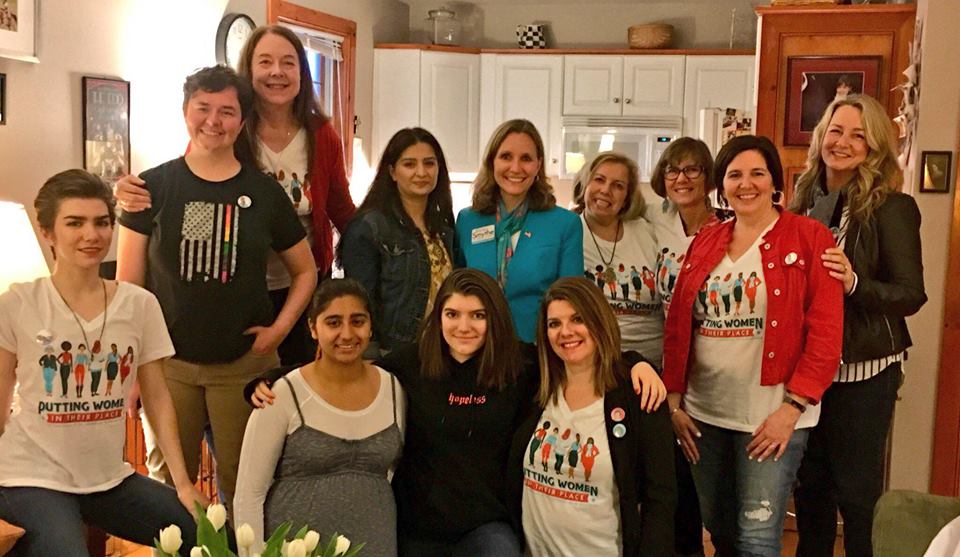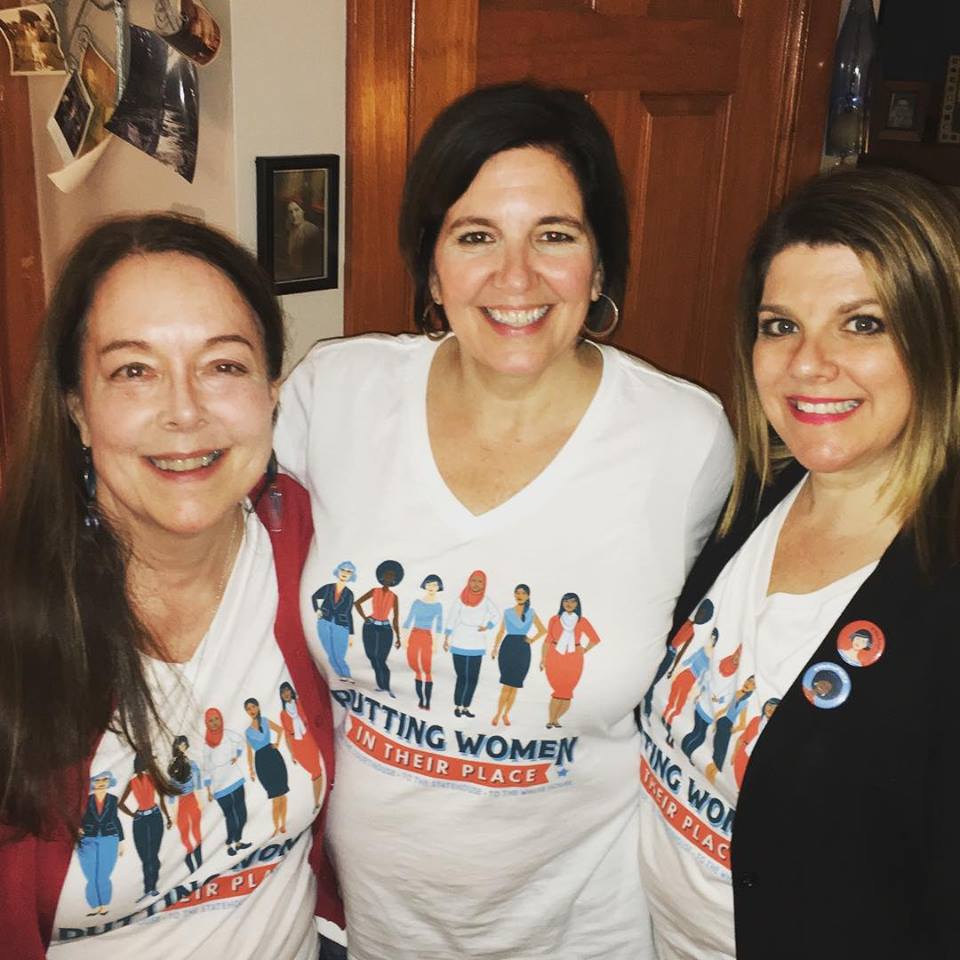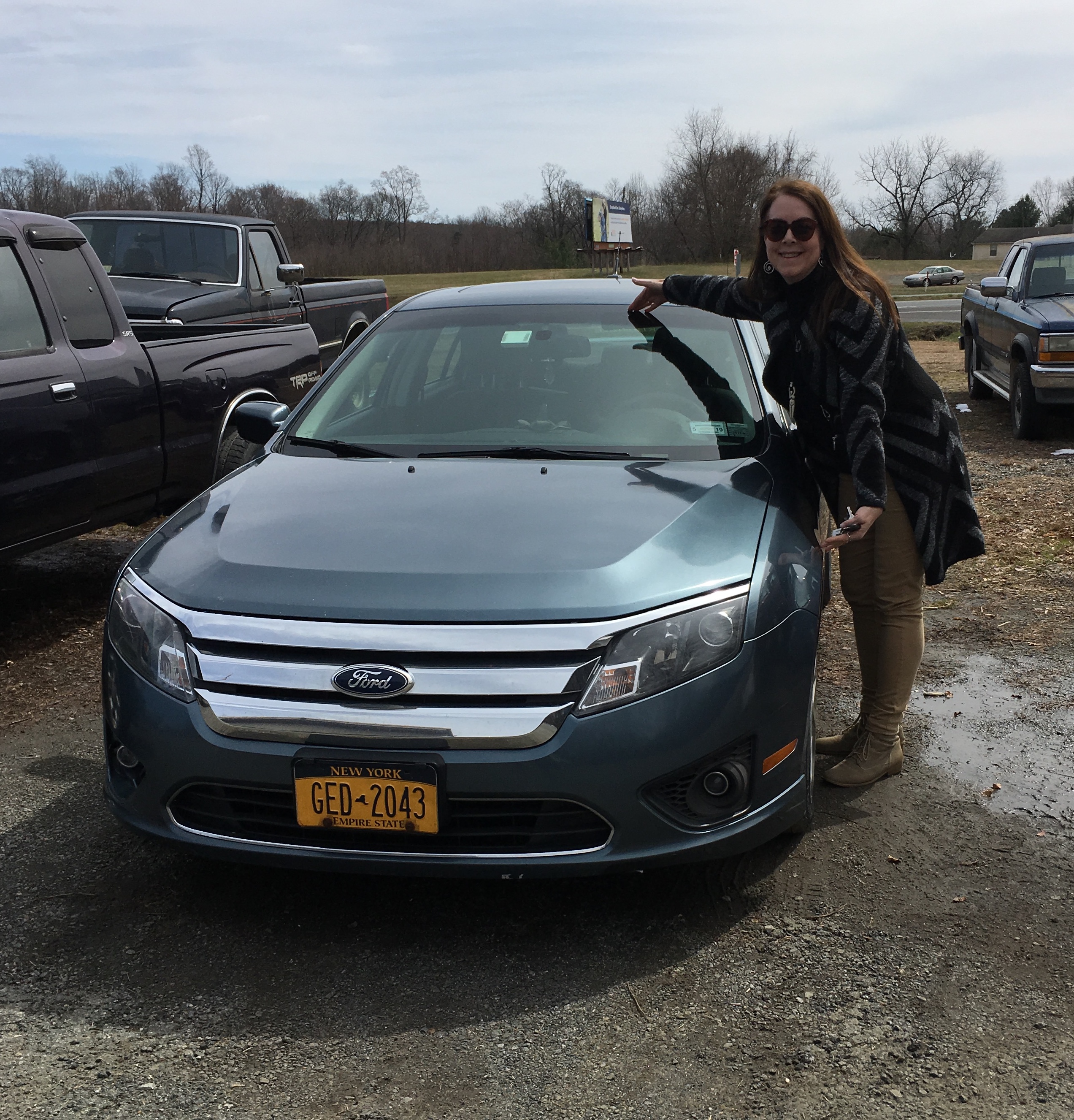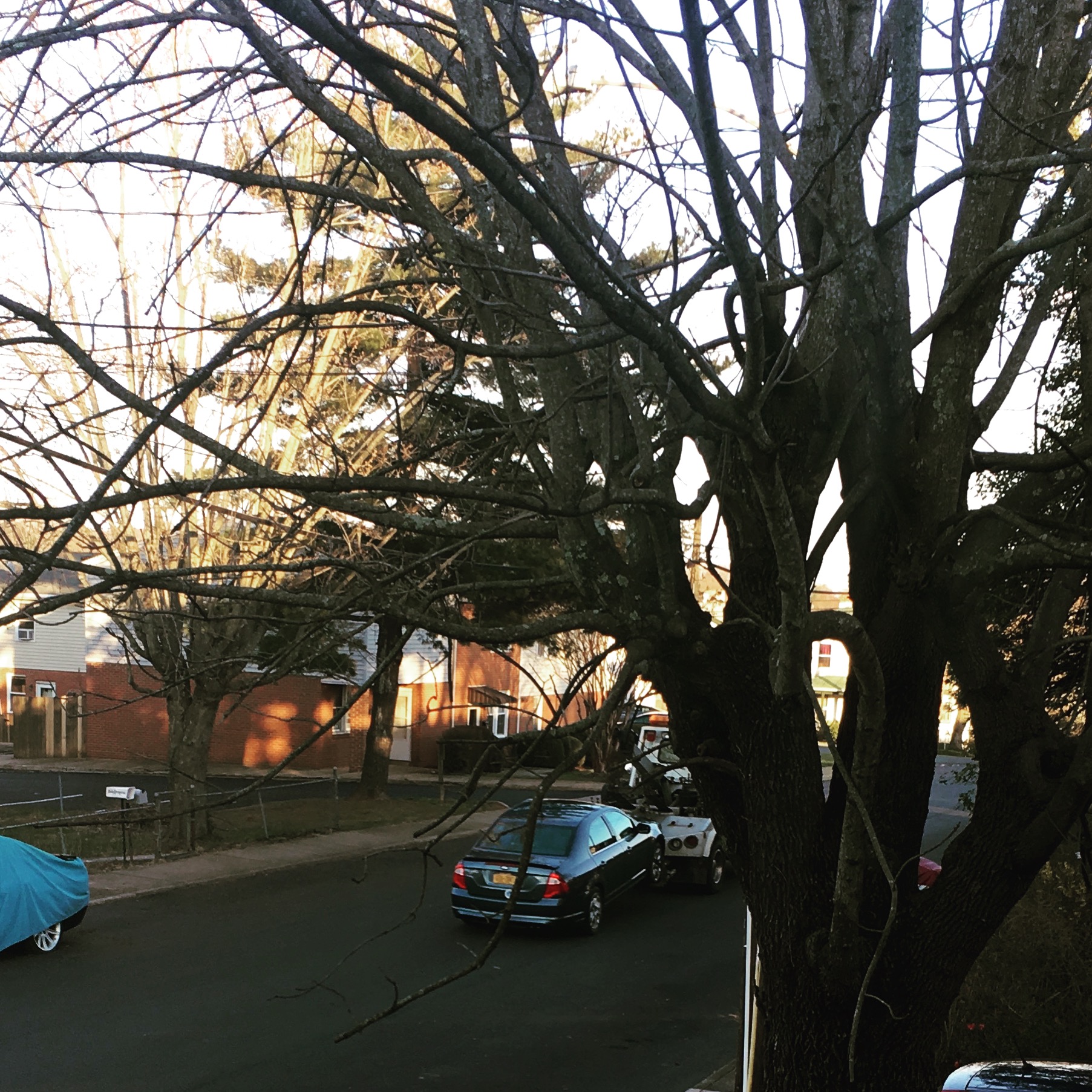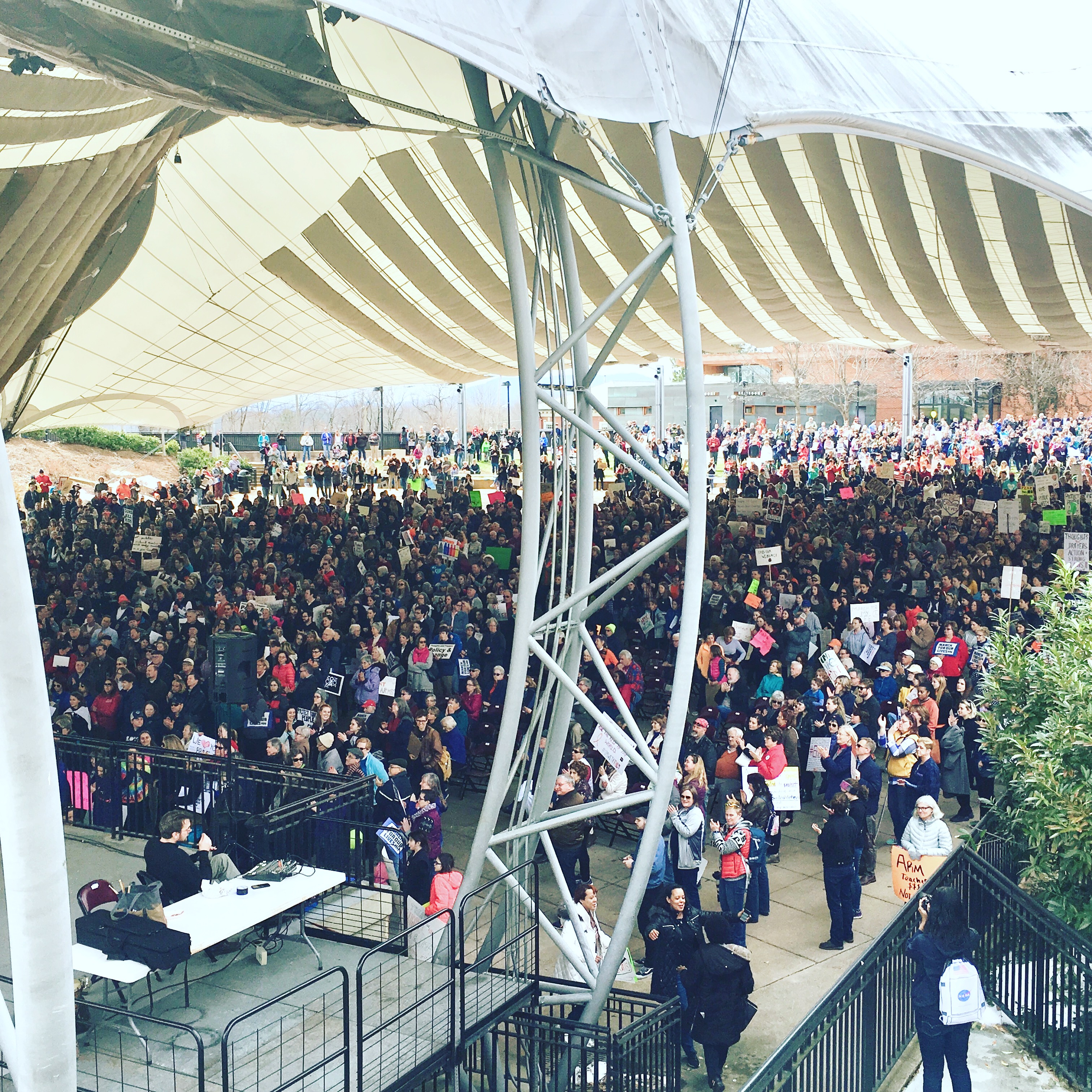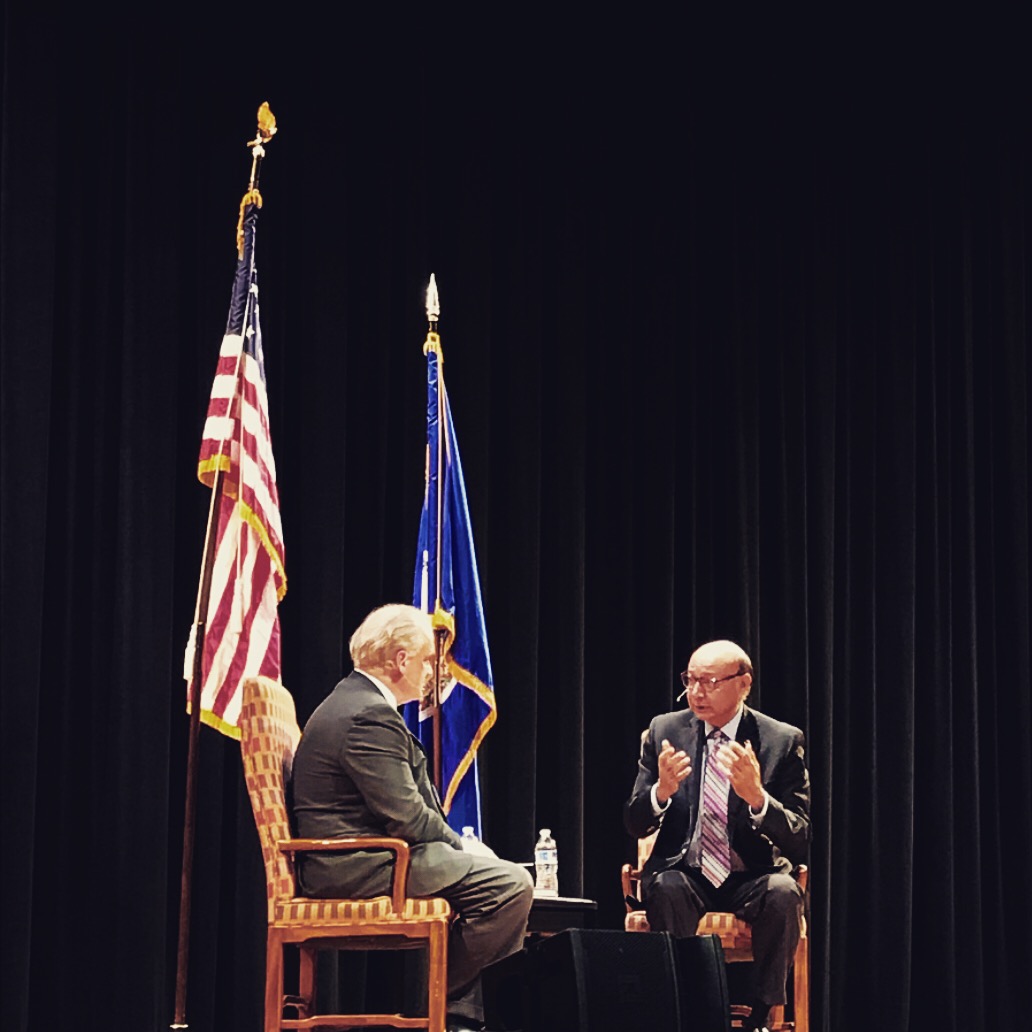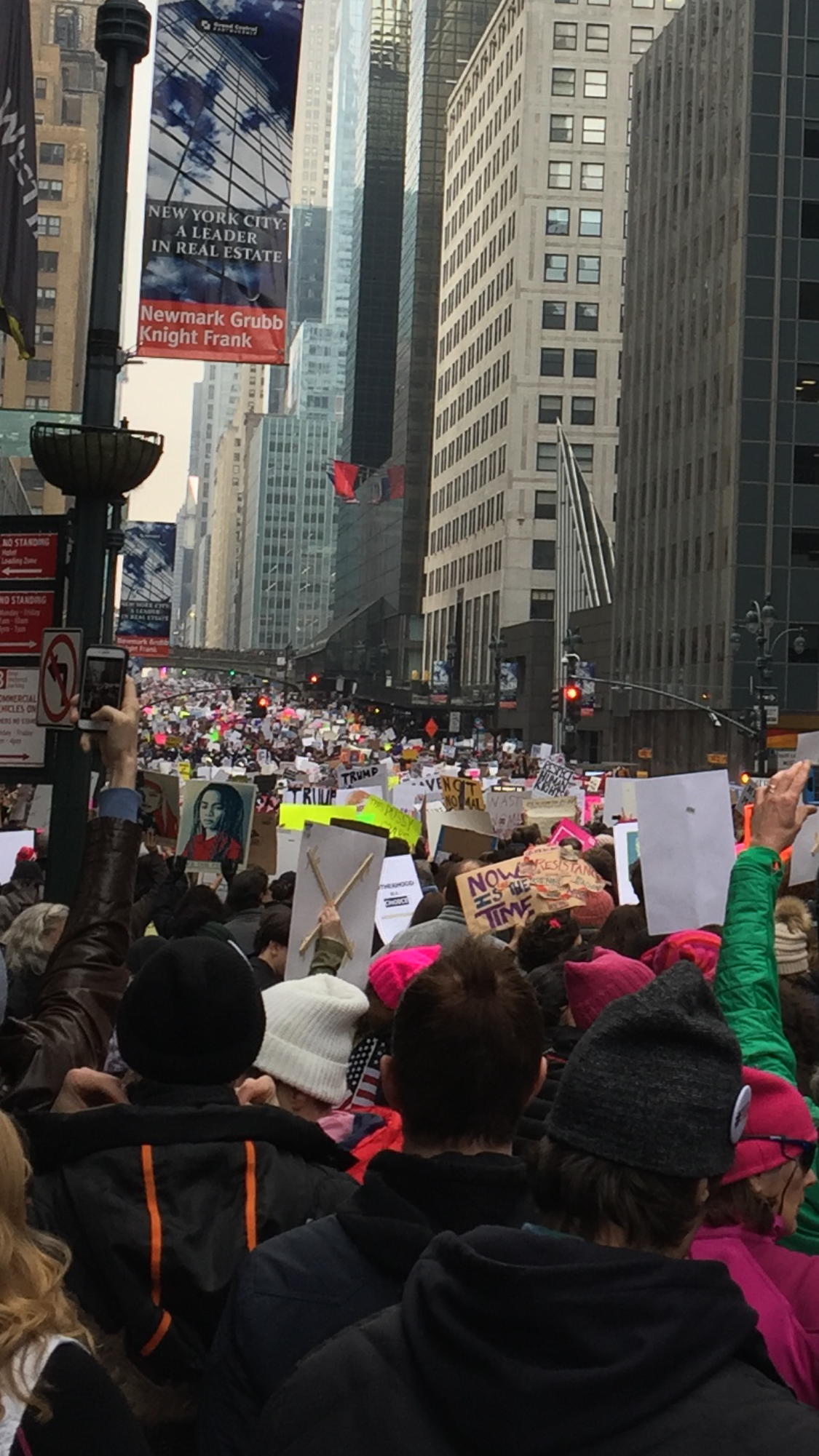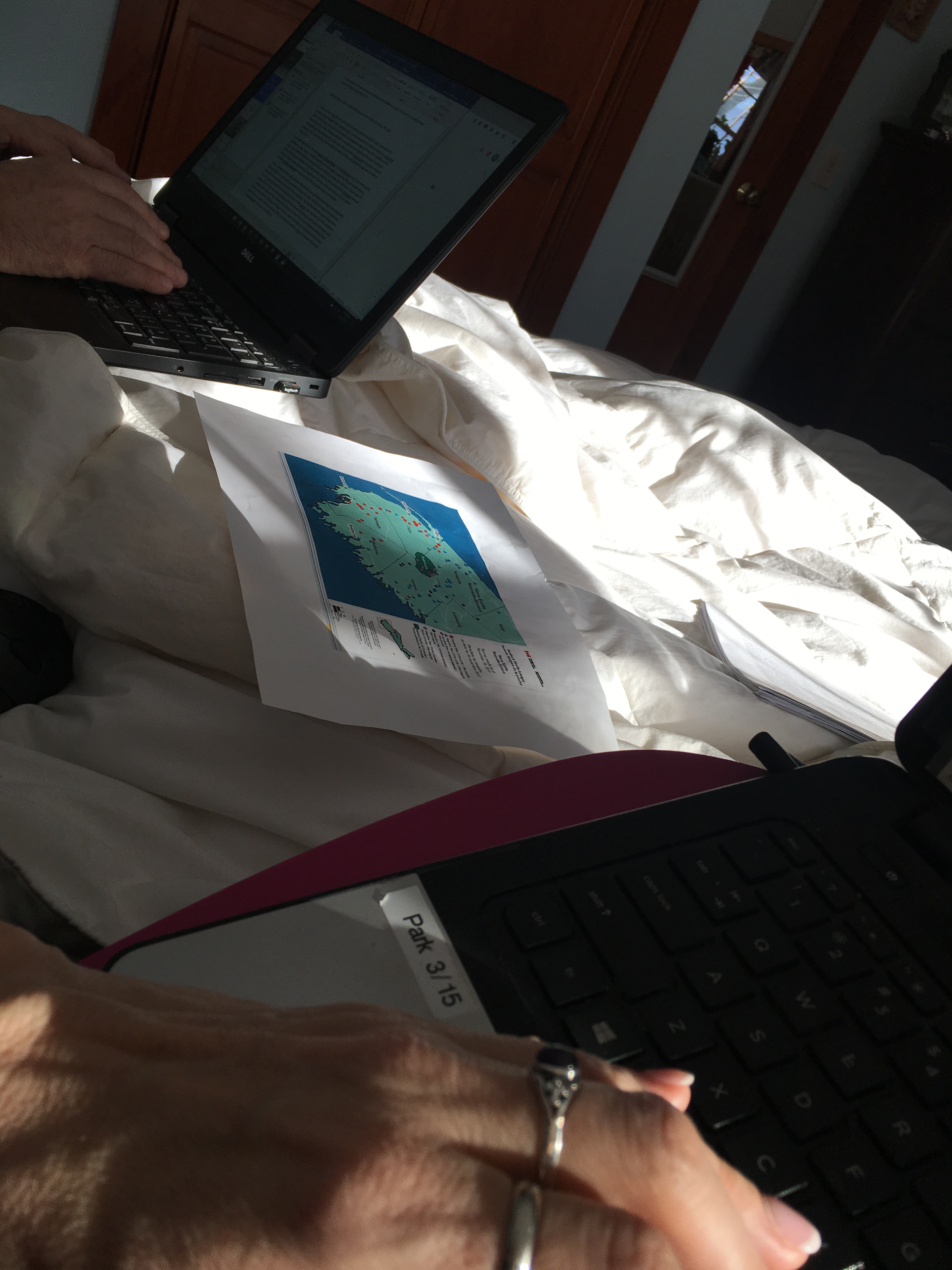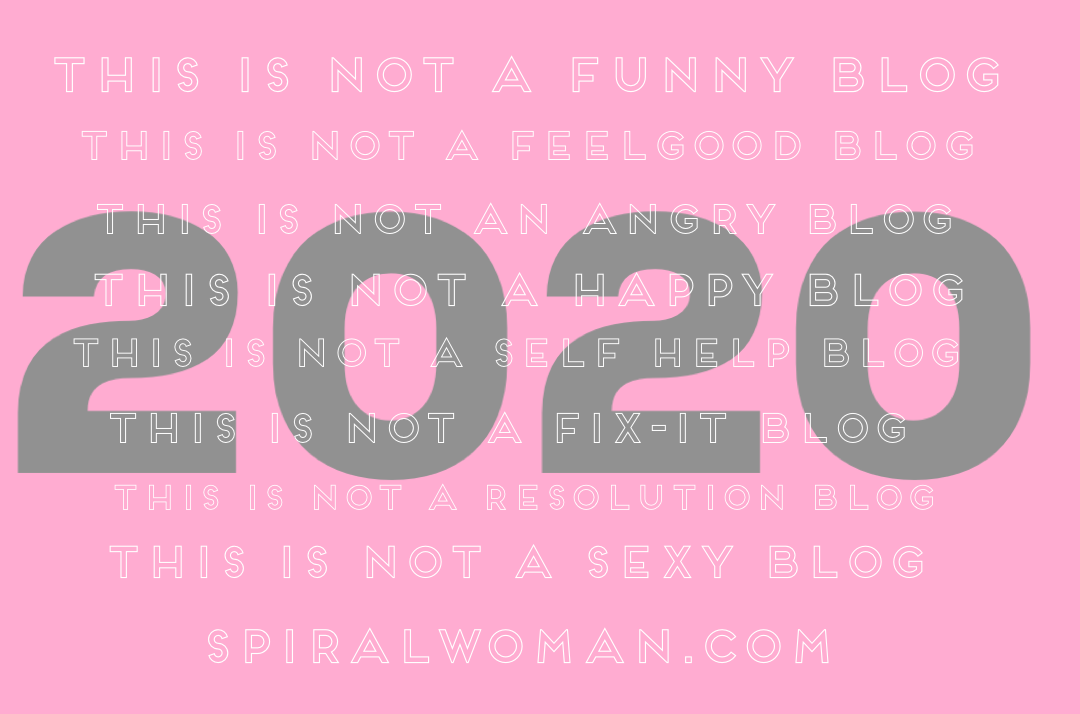
Human beings don’t make it easy on themselves. That truism can come in the form of setting challenges, taking gutsy risks, insisting on growth and healing in the face of trauma, grief, or the simple fact that you don’t have the tools—yet—but forge ahead anyway. It can be taking a chance at second love after heartbreak. Not easy. But so many do it. It can be reinventing yourself in a new career to seek greater fulfillment or after a professional train wreck. It can show up as continuing to live and love after the incomprehensible loss of a child, a home, a limb… We get back up again, we humans. I love that about us. And the capacity for altruism, grace, and love is seemingly endless within our quirky, remarkable species.
But 2020 has opened my eyes and propped them open with toothpicks—opened them, beyond forgetting, to the painful truth that the dark side of humanity exists and can wreak untold havoc, misery, and harm. People will trash their lives and—even worse—endanger or destroy the lives of others for no other reason than pure selfishness. Self-interest heightened to the point of cruelty, brutality, and rage perpetrated on anyone who may be perceived to threaten it by simply existing and wanting their human rights.
Over the past four years, the self-interest of politicians seeking power and the money necessary to keep it has led to ugly, inhuman acts of injustice, from the caging of children to the groveling and pandering to the wealthy, whether via pardons for heinous crimes or tax laws intended only to further line their pockets.
This year, those in the highest offices in the nation have refused to see to the basic needs of American citizens during a deadly pandemic. They’ve ignored the horror, cast blame everywhere but on themselves, and done a hell of a lot of golfing.
But, to return to my original thought—that human beings don’t make it easy on themselves…
What about all the people who refuse to wear masks because… what is it again? “My body, my choice?” And then lots of people get sick and die. Including the mask-refusers. Not making it easy on themselves… The motto “Live free or die” has real teeth again.
As the death toll climbs into the 300 thousands, people still expound, with absolute certainty, that Covid is a left-wing hoax, as they host maskless parties to prove they are willing to double-down on that wacky, baseless, and deadly theory.
The dystopian flavor of 2020 leaves us all vulnerable, many of us appalled, and too many of us dead or with permanently compromised health.
We are literally dying.
It is no coincidence that 2020 was the year the BLM movement was thrust finally into the consciousness of the nation in a way it had not managed before. The threshold for so many Americans has lowered. We are pissed, scared, in despair as never before. The last four years since our 45th president took office have been bad enough, but when people start getting sick and dying and that president lies, denies science, refuses to acknowledge what is happening, leaves his citizens exposed and unprotected, then starts a Twitter war to support police who have ended black lives at a statistically improbable, ethically heinous rate–well then. The reality of sanctioned racism and murder finally caught some much needed attention.
People of color, as we know, are far more vulnerable to Covid. Am I paranoid to think that our leadership is secretly hoping that letting this pandemic “run its course” will help them make America white?
Who are we?
All the people I hold dear, that I fill my life with—the ones I’ve collected over the years and loved, with whom I’ve nourished relationships … they dazzle me, each in their own way, with how they pursue life. The deep love they bring to bear in their lives. The earnest, valiant, often deeply courageous efforts they make to learn and become and grow. To know better, do better, be better. Their innate compassion. Their ability to admit what they don’t know. Their ability to value science while maintaining an openness to spirit—in whatever way that works for them. Their kindness, humanity, and, not to be forgotten, their humor.
I’m spoiled, have existed in a lovely bubble. I know that. 2020 has burst my bubble.
All humans are capable of both goodness and greatness, but far too many choose self-aggrandizement, power, and levels of opulence exponentially greater than their ability to enjoy it. They choose these things over their own humanity.
I see this now in a way I never let myself before. This learning is part of the legacy of 2020. A bitter pill for an innate optimist to swallow, but for which I’m deeply grateful.
We can make change every day with our actions, thoughts, and words. We must use our actions, thoughts, and words without surcease to shift, however infinitesimally, the paradigm preferred by some, but rejected by most. We may feel helpless because we do not walk the halls of power, but we are not.

